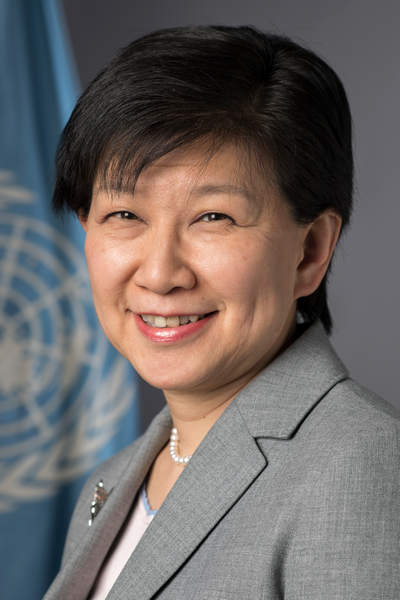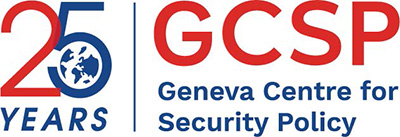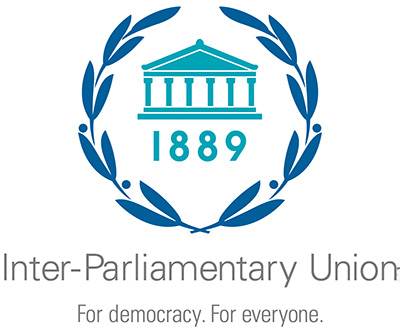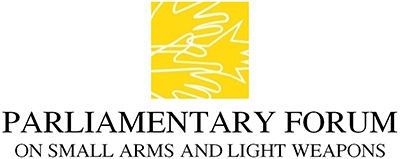As the COVID-19 pandemic began spreading around the world in March and April 2020, it became increasingly clear that societies in armed conflict, and those that had prioritised investment in military security, were less able to contain and address the pandemic than societies that had prioritised measures of human security and sustainable development, such as public health and education.
Neither nuclear nor conventional weapons and armies can prevent the spread of such infectious diseases. Nor can they assist those infected. Nor can they address the economic impact of pandemics, such as job and income losses. Nor can they help re-build sustainable economies as the world emerges from pandemics. In addition, the global flow of weapons, including small arms and light weapons, tends to exacerbate armed conflict and hinder peace efforts. In communities embroiled in armed conflict, it is virtually impossible to implement public health measures to contain and address such pandemics. In addition, the effects and misuse of small arms and light weapons divert already-overstretched public health resources.
The COVID-19 pandemic demonstrates the importance of prioritising investment in human security rather than focusing primarily on bolstering military security. Indeed, a considerable portion of the exorbitant global military budget of $1.9 trillion should be reinvested into strengthening public health and building resilient economies. The pandemic also highlights the importance of investing in peace processes to end armed conflicts. Recognising this, the UN Secretary-General launched a special global ceasefire initiative in March 2020, and gave additional impetus to UN special envoys to help facilitate ceasefires in conflict regions. Disarmament serves an important supporting role, by constraining armed conflict and by helping to reduce military budgets and free up resources for public health and human security.

Public health and explosive weapons
The use of explosive weapons in populated areas has left healthcare systems of entire societies bereft of the means to combat the pandemic. Global military spending reached record highs this year, as governments face an urgent need to redirect resources to economic recovery and effective job creation.
Izumi Nakamitsu, UN High Representative for Disarmament Affairs, 27 May 2020.
The COVID-19 pandemic also demonstrates the importance of the 1972 Biological and Toxin Weapons Convention (BWC) and of measures to prevent the spread of biological weapons adopted in UN Security Council Resolution 1540.
The pandemic was not initiated by the intentional spread of the COVID-19 virus for military purposes, which the BWC and UNSC 1540 are designed to prevent and address. However, the pandemic demonstrates the catastrophic humanitarian and economic impact of the spread of a novel virus of a nature which could be used for military purposes, and the global cooperation and array of measures that would be required should biological weapons ever be used.
Until now, governments have been reluctant to grant the BWC sufficient authority or resources to properly address the threat of biological warfare. The treaty has no verification body and problematic enforcement measures, relying solely on the UN Security Council, which can be blocked by any one of its five permanent members. The COVID-19 pandemic shines a light on these deficiencies and could give rise to a revision and strengthening of the BWC.
In the meantime, the expertise, transparency mechanisms and examples of effective policy implementation generated by the BWC and UNSC 1540 with regard to control of biological agents and toxins can be helpful to pandemic prevention and mitigation. This could be assisted by further enhancing the cooperation between non-proliferation/disarmament and public health authorities at international and national levels.





